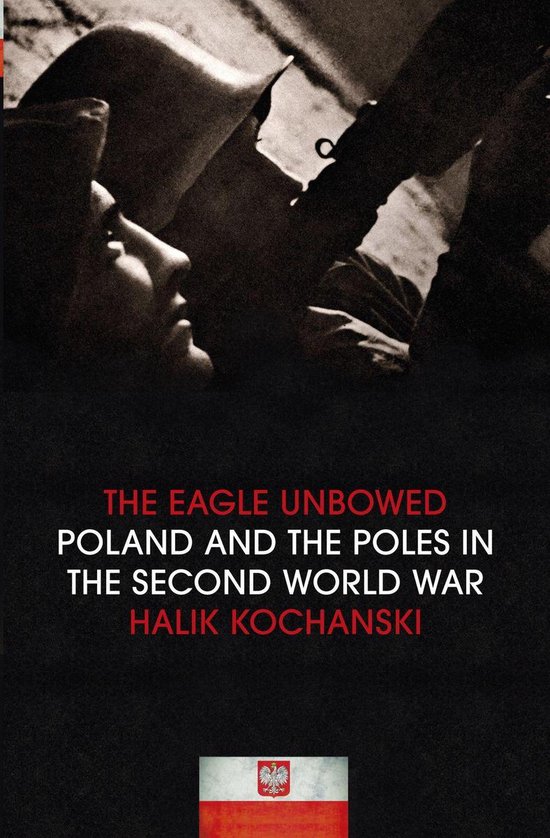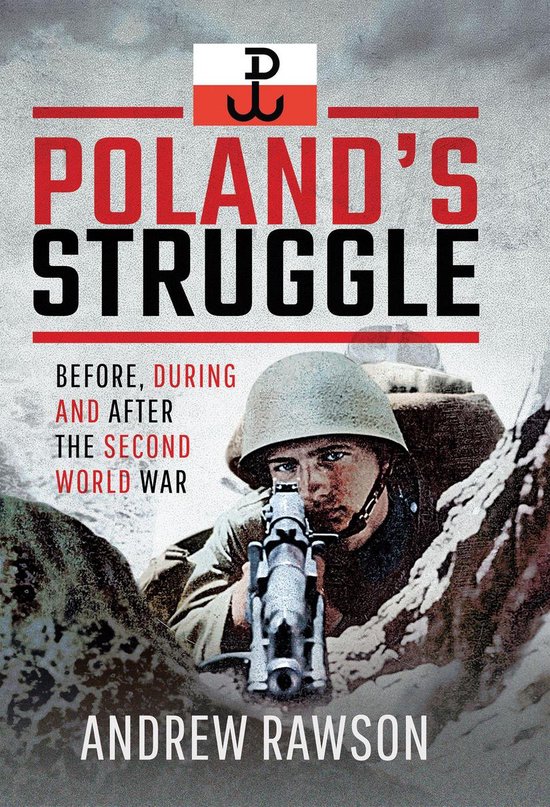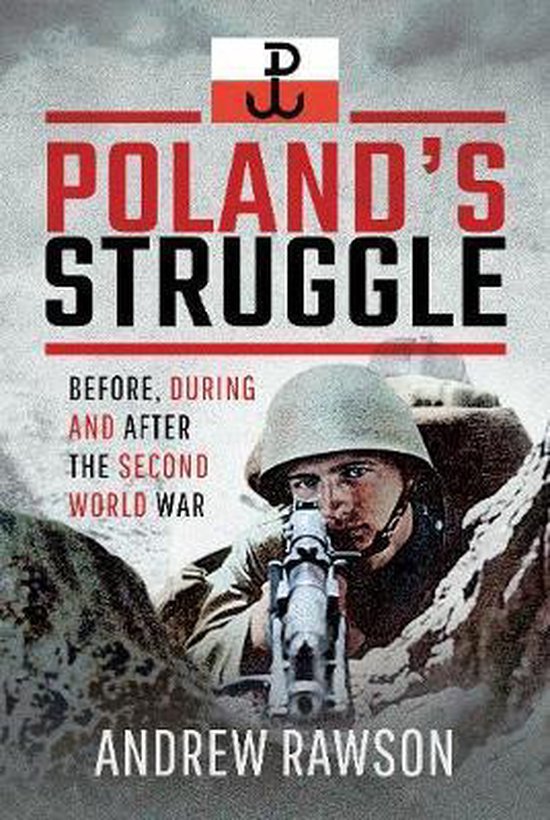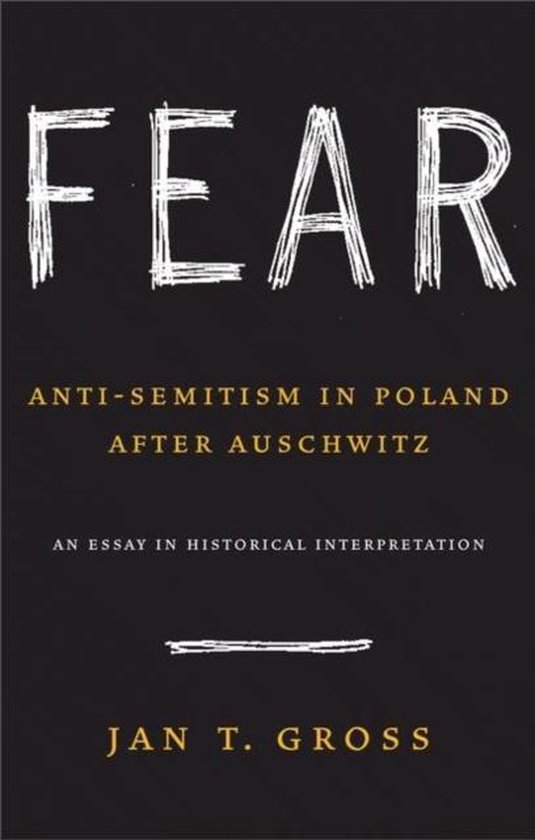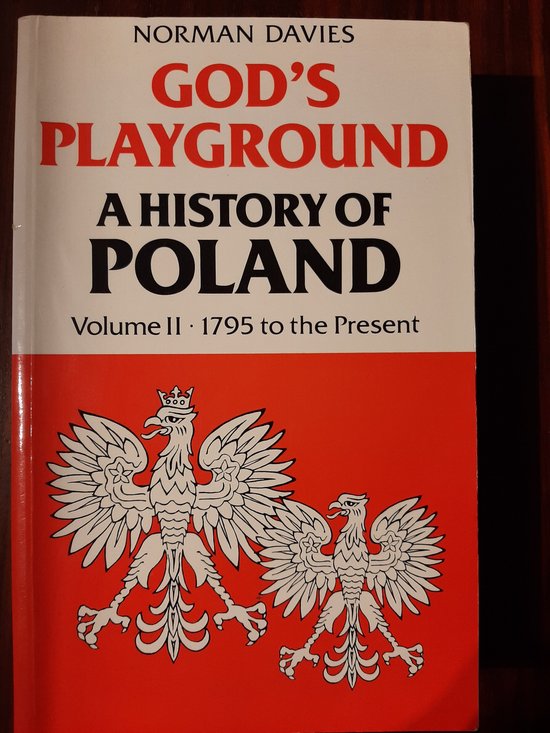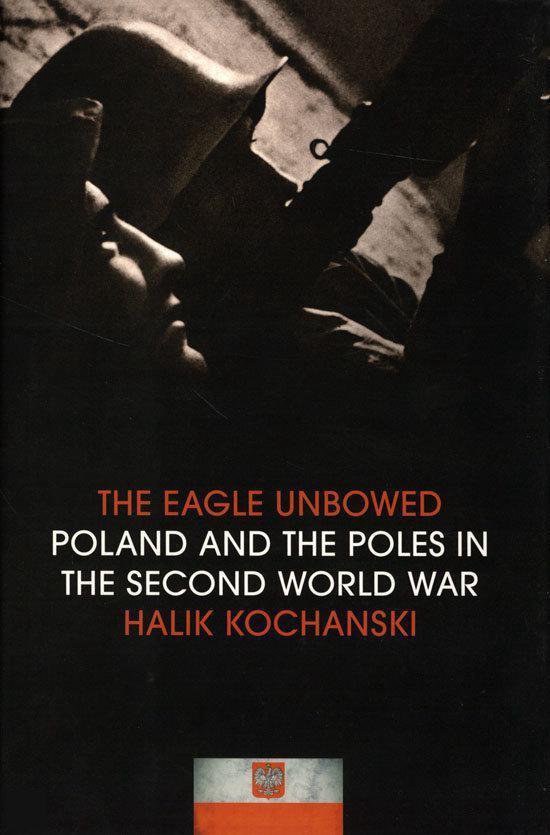
The Eagle Unbowed
'Poland has not yet died, So long as we still live...'
By almost every measure the fate of the inhabitants of Poland was the most terrible of any group in the Second World War. Following the destruction of its armed forces in the autumn of 1939, the Republic of Poland was partitioned between Nazi and Soviet forces and officially ceased to exist. Racial violence and ideological conformity were at the very heart of the new regimes. As the war progressed millions of Poles were killed, with each phase unleashing a further round, from the industrialised genocide of Treblinka to the crushing of the Warsaw Rising. Polish Jews were all to be murdered, Christians reduced to a semi-literate slave class.
In this powerful and original new book Halik Kochanski has written perhaps the most important 'missing' work on the whole conflict: an attempt in a single volume to describe both the fate of those trapped within occupied Poland and of those millions of Poles who were able to escape. Some of these latter Poles are well-known, from the pilots who flew in the Battle of Britain and the agents who cracked the German 'Enigma' code machines to the heroic Polish soldiers at Monte Cassino. But while these are examined in full, this is also a book about the extraordinary byways of the Polish experience - from those Poles trapped in the Soviet Gulag to Polish orphans in India, and from Polish Jews in the Middle East to Polish school-teachers in Hungary.
Everywhere Poles fought back, in the Soviet or British armies, in the Home Army or in Jewish defence groups. They also fought back simply by refusing to acknowledge defeat, in countless personal acts of courage, kindness and defiance.
So Long As We Still Live draws on numerous memoirs and interviews to create a powerful, compelling testimony to endurance under impossible conditions.
By almost every measure the fate of the inhabitants of Poland was the most terrible of any group in the Second World War. Following the destruction of its armed forces in the autumn of 1939, the Republic of Poland was partitioned between Nazi and Soviet forces and officially ceased to exist. Racial violence and ideological conformity were at the very heart of the new regimes. As the war progressed millions of Poles were killed, with each phase unleashing a further round, from the industrialised genocide of Treblinka to the crushing of the Warsaw Rising. Polish Jews were all to be murdered, Christians reduced to a semi-literate slave class.
In this powerful and original new book Halik Kochanski has written perhaps the most important 'missing' work on the whole conflict: an attempt in a single volume to describe both the fate of those trapped within occupied Poland and of those millions of Poles who were able to escape. Some of these latter Poles are well-known, from the pilots who flew in the Battle of Britain and the agents who cracked the German 'Enigma' code machines to the heroic Polish soldiers at Monte Cassino. But while these are examined in full, this is also a book about the extraordinary byways of the Polish experience - from those Poles trapped in the Soviet Gulag to Polish orphans in India, and from Polish Jews in the Middle East to Polish school-teachers in Hungary.
Everywhere Poles fought back, in the Soviet or British armies, in the Home Army or in Jewish defence groups. They also fought back simply by refusing to acknowledge defeat, in countless personal acts of courage, kindness and defiance.
So Long As We Still Live draws on numerous memoirs and interviews to create a powerful, compelling testimony to endurance under impossible conditions.
| Auteur | | Halik Kochanski |
| Taal | | Engels |
| Type | | Hardcover |
| Categorie | | Geschiedenis |
